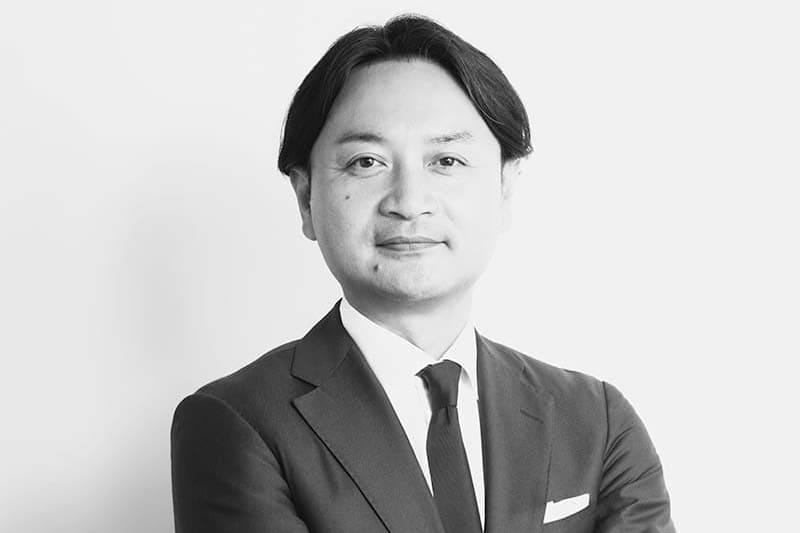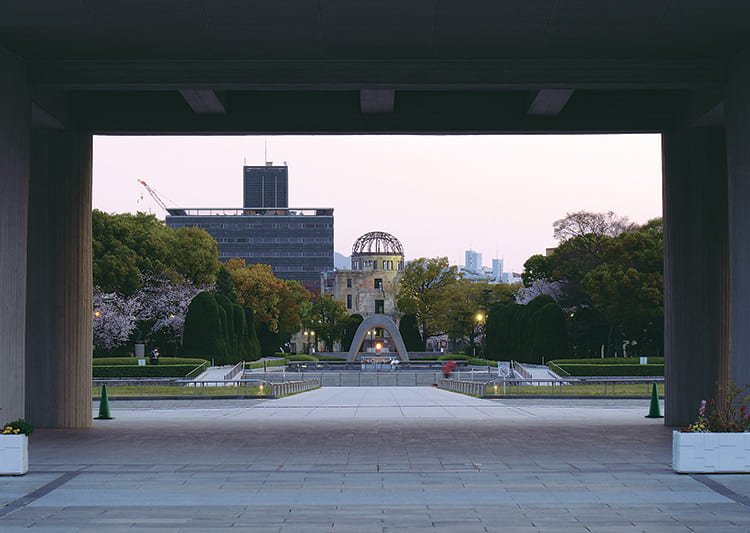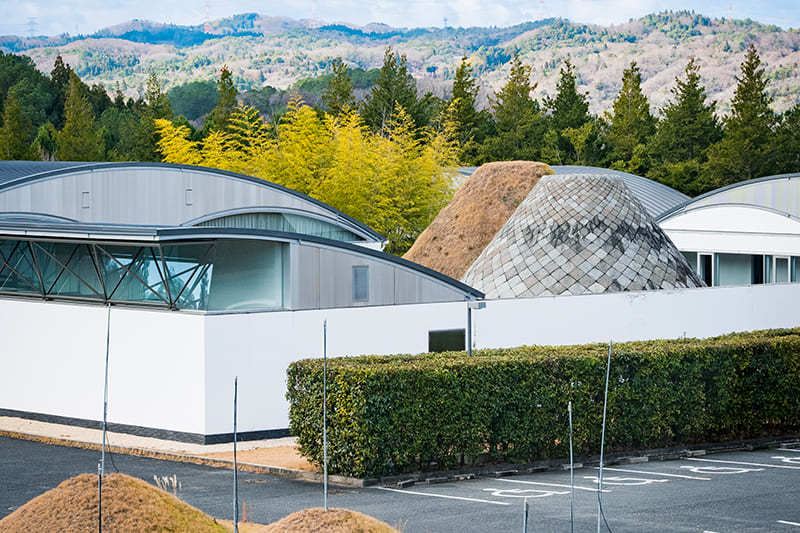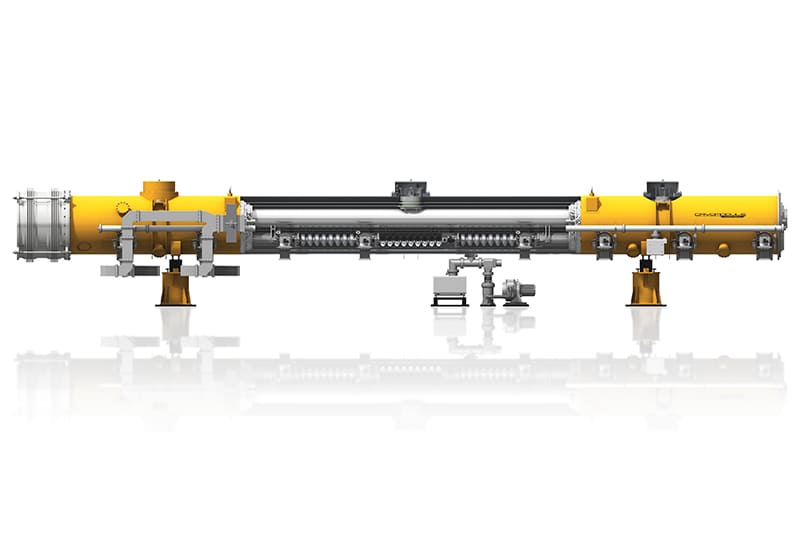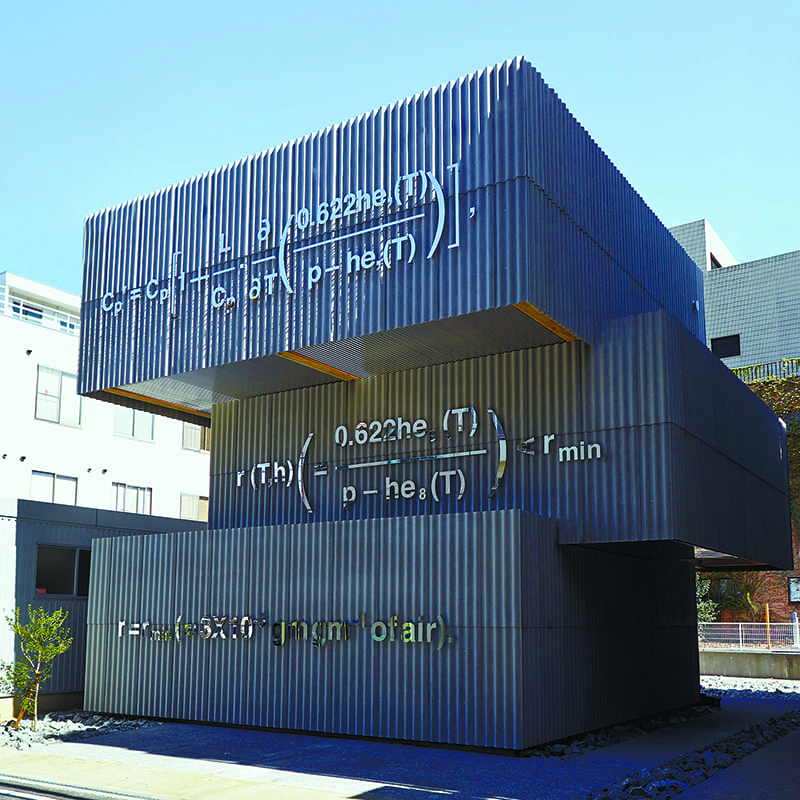February 24, 2023
Vol. 21: FROM THE EDITOR

Japan is a world leader in particle physics. It has produced many Nobel Prize winners in the field, starting with Hideki Yukawa in 1949. One of the factors in this success is its technological prowess in building accelerators. For example, the KEKB accelerator at the High Energy Accelerator Research Organization (KEK) in the Ibaraki Prefecture city of Tsukuba produces the best beam collision performance (the highest luminosity) in the world, and the results of its experiments contributed to another Nobel Prize win, in 2008.
Now the International Linear Collider (ILC) is being planned in Tohoku. The 20-kilometer-long accelerator would be constructed 100 meters underground and, once completed, be capable of replicating the moments immediately after the Big Bang by making elementary particles collide head-on at nearly the speed of light. The facility would help scientists explore the mysteries of the origin of the universe. The plan is for several countries and regions to cooperate on the ILC’s construction and operations, and they would also share the results of its experiments. In the present climate of geopolitical rivalry, one can’t help but look forward to projects like this that bring progress through international cooperation.
Return to Sustainable Japan Magazine Vol. 21 article list page

